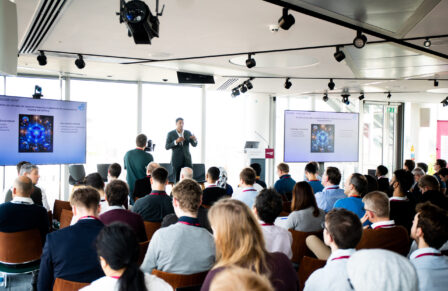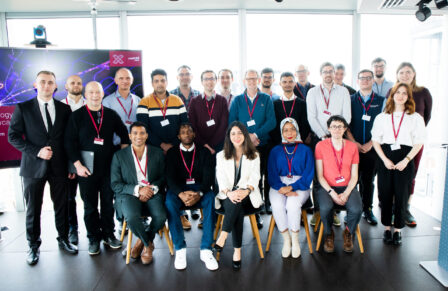Programme
Quantum Technology Access Programme
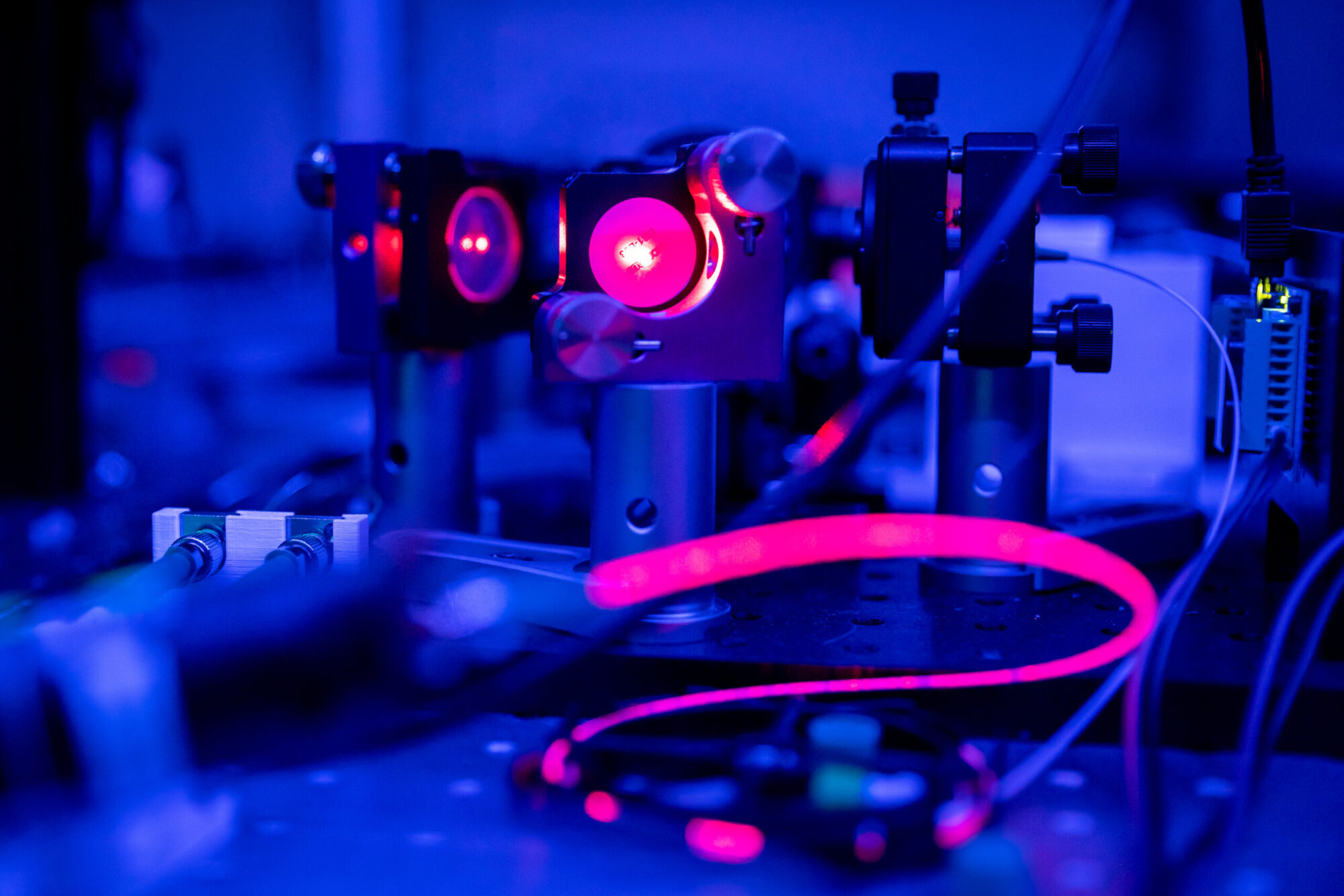
Quantum Technology Access Programme
The Digital Catapult Quantum Technology Access Programme (QTAP) is a programme which aims to raise awareness, educate end users, and foster industry partnerships to drive the future adoption and commercialisation of quantum computing. The programme offers participants the opportunity to bridge the gap between quantum computing’s complex concepts and practical industry applications. The programme provides participants with the opportunity to upskill their workforce, build valuable partnerships and explore real use cases of quantum computing.
Digital Catapult’s Quantum Technology Access Programme (QTAP) is part of a wider Innovate UK Industry Strategy Challenge Fund (ISCF) funded project called Quantum Data Centre of the Future which aims to embed a quantum computer within a classical data centre to explore real-world access to a quantum computer.
Explore the highlights from the Quantum Technology Access Programme 1 showcase event
Our role
Quantum readiness
The quantum computing team at Digital Catapult works with industrial partners to separate the opportunities from the hype, and understand the specific problems that may be best solved on a quantum computer in the near future. We support our industrial participants become “quantum ready” to reap the benefits of quantum computing. During the QTAP programme participants receive support in the following areas:
Education and training
Digital Catapult and partners support triaging and framing relevant use cases, delivering education and training on theoretical and practical aspects of quantum computing and providing ongoing technological assistance, as well as enabling opportunities for knowledge sharing between participants.
Use Case Identification
The programme has three streams: two on optimisation and quantum machine learning with ORCA Computing, involving simulating and running small-scale industrial challenges on the ORCA PT-1 quantum computer. The fault-tolerant stream, delivered with Riverlane, investigates the Quantum Singular Value Transformation, an algorithm that will run on the large, fault-tolerant quantum computers available in the future. Our quantum team guide participants in aligning their use cases with the most suitable stream.
Technology Access
For the optimisation and machine learning stream participants have the opportunity to simulate their algorithms on the ORCA Software Development Kit (SDK). The participants code their algorithms in Python, using Jupyter Notebooks, and use the SDK to carry out experiments. Selected use cases are run on Demo Day on an early-stage experimental prototype ORCA PT-1 device. For the fault-tolerant stream participants have the chance to work with the Riverlane team and explore tools such as the Delta Discover software to calculate the quantum computing resources needed to invert matrices supplied by the participants.
Ecosystem Building
In addition to providing a space for learning and receiving technical support, our team work towards building an ecosystem of UK companies engaged in quantum, to offer peer-learning opportunities to support the learning journey from multiple angles and allow cohort members to get exposure to different use-cases, potential business benefits, and approaches to quantum. It culminates in a showcase event with attendees from industry, academia and government, representing the vibrant UK quantum ecosystem that we are building.
Quantum Technology Access Programme participants – Cohort 1


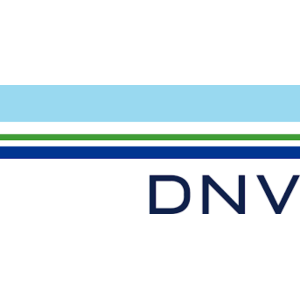

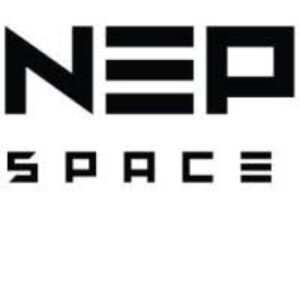




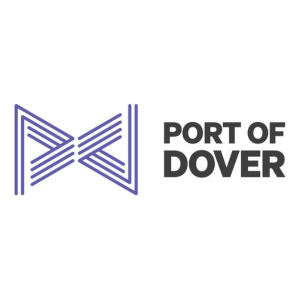

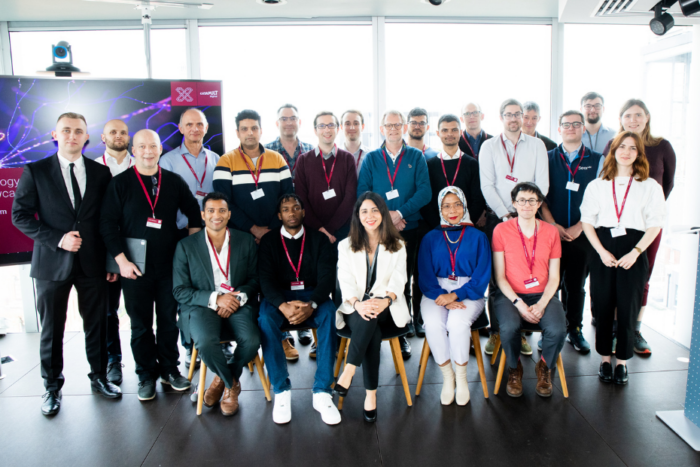
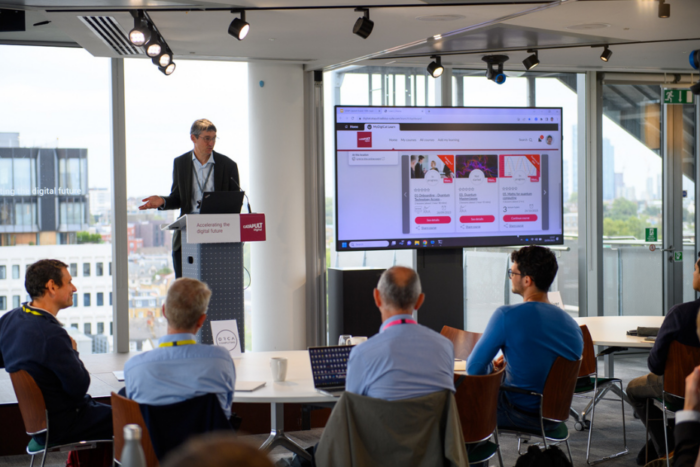
Use cases
Programme partners
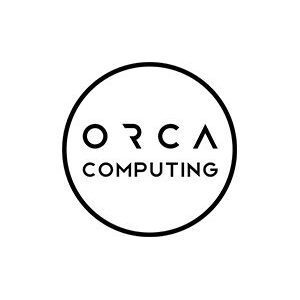


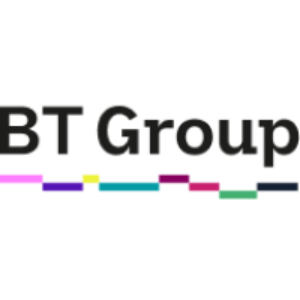
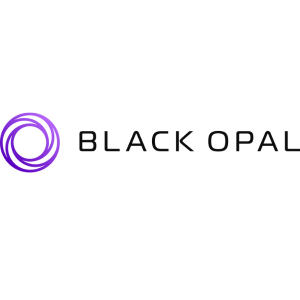
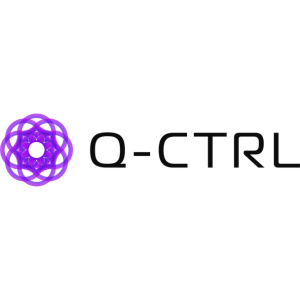
Get involved
To get updates about programme activities, fill out the form below. If you have any questions or would like to speak to us please email us at [email protected]
Our expertise
Twelve things you need to know about quantum computing
Answering common questions from how a quantum computer works, future impact and benefits, how the UK is positioned and mitigations against potential negative consequences.
Quantum computing – hype or opportunity
Can quantum computing be useful in the near future, or are we going to have to wait decades for any benefits? What are the problems and advantages of quantum computing over classical computing?
Seven steps to ensure your organisation is quantum ready
Discover the journey you should start now to make your organisation quantum ready. Quantum computing has the potential to soon outperform classical computers, but there are risks it will be used to crack encryption.
Which technology will win the quantum race?
The qubit is the quantum equivalent of a classical bit. But there are a bewildering range of qubits available today which can be implemented using atoms, the solid state, a liquid or even photons of light. Which will win?


